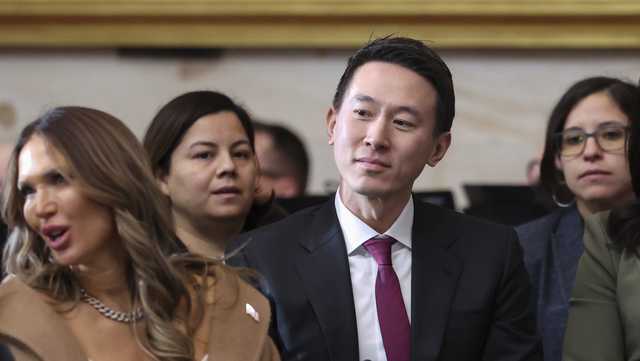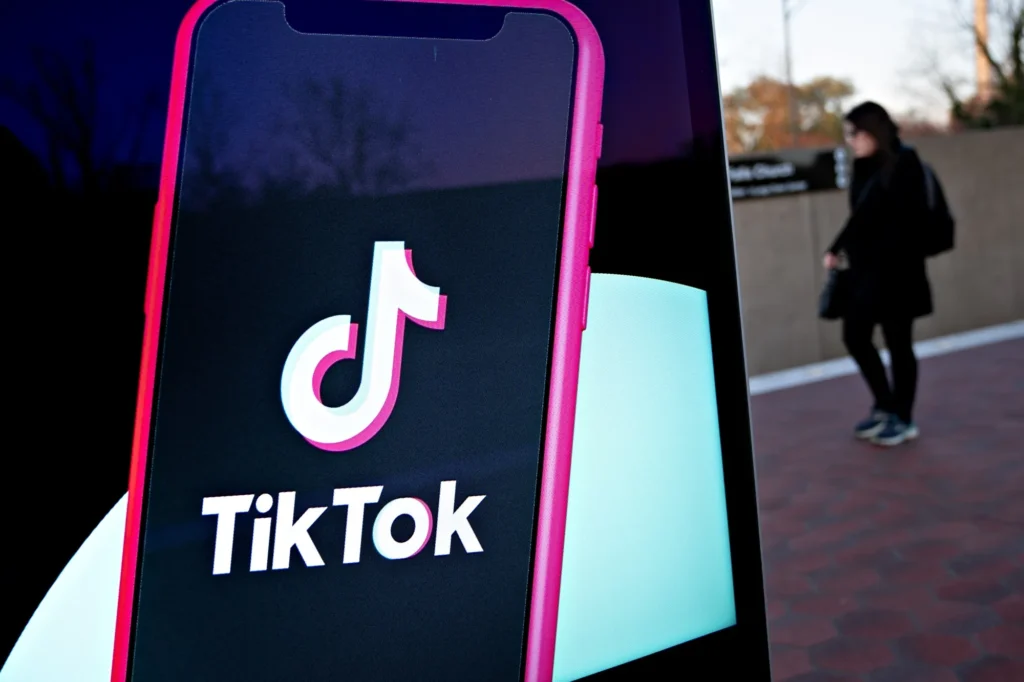President Donald Trump signed an executive order Monday granting a 75-day reprieve from enforcing a law that requires TikTok’s parent company, ByteDance, to sell a majority stake in the app to continue operating in the United States.

The law, enacted in April under President Joe Biden, was designed to address national security concerns over ByteDance’s ties to the Chinese government. It officially went into effect Sunday but had not been enforced by the Biden administration. Trump’s executive order maintains that stance while his administration evaluates its approach to TikTok.
“I hereby order the Attorney General not to take any action on behalf of the United States to enforce the Act for 75 days,” the order reads, “to permit my Administration an opportunity to determine the appropriate course of action with respect to TikTok.”
During this period, the Department of Justice is barred from enforcing the law or imposing penalties against entities involved in distributing, maintaining, or updating TikTok. The order also shields U.S. companies that assisted TikTok’s return to service from legal liability.

TikTok Ban Temporarily Halted Amid Accessibility Drama
The move comes after a weekend of uncertainty. Following a Supreme Court decision Friday to uphold the law, TikTok voluntarily ceased its U.S. operations Saturday. However, on Sunday, the app resumed service, reportedly at Trump’s urging to support the broadcast of his inauguration.
Apple and Google, whose app stores no longer list TikTok, have yet to comment on the president’s order. TikTok also did not immediately respond to requests for comment.
ByteDance Sale Still Required
While the executive order delays enforcement, it does not overturn the law. TikTok must still secure a U.S.-based owner for at least 80% of its operations or face a permanent ban. Trump suggested a potential 50-50 ownership split between ByteDance and a U.S. company, though such a deal’s legality under the current law remains unclear.
China’s position on a potential sale appears to have softened. Mao Ning, spokesperson for China’s Foreign Affairs Ministry, signaled a willingness to consider a deal. “Business operations and acquisitions should be decided according to market principles,” Mao said Monday.
Despite the pause, concerns remain bipartisan in Congress, with lawmakers warning that TikTok poses risks related to propaganda and espionage.



